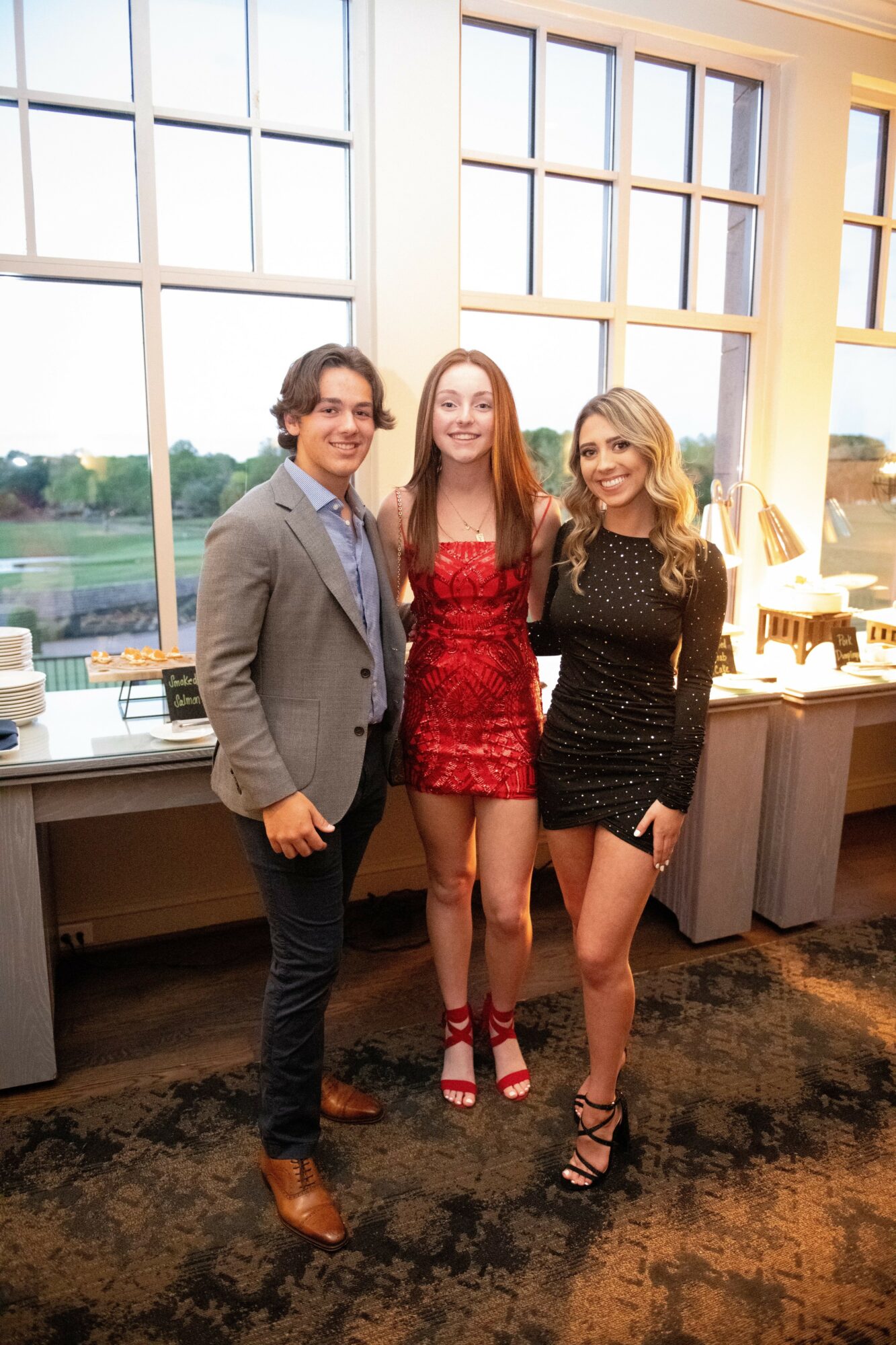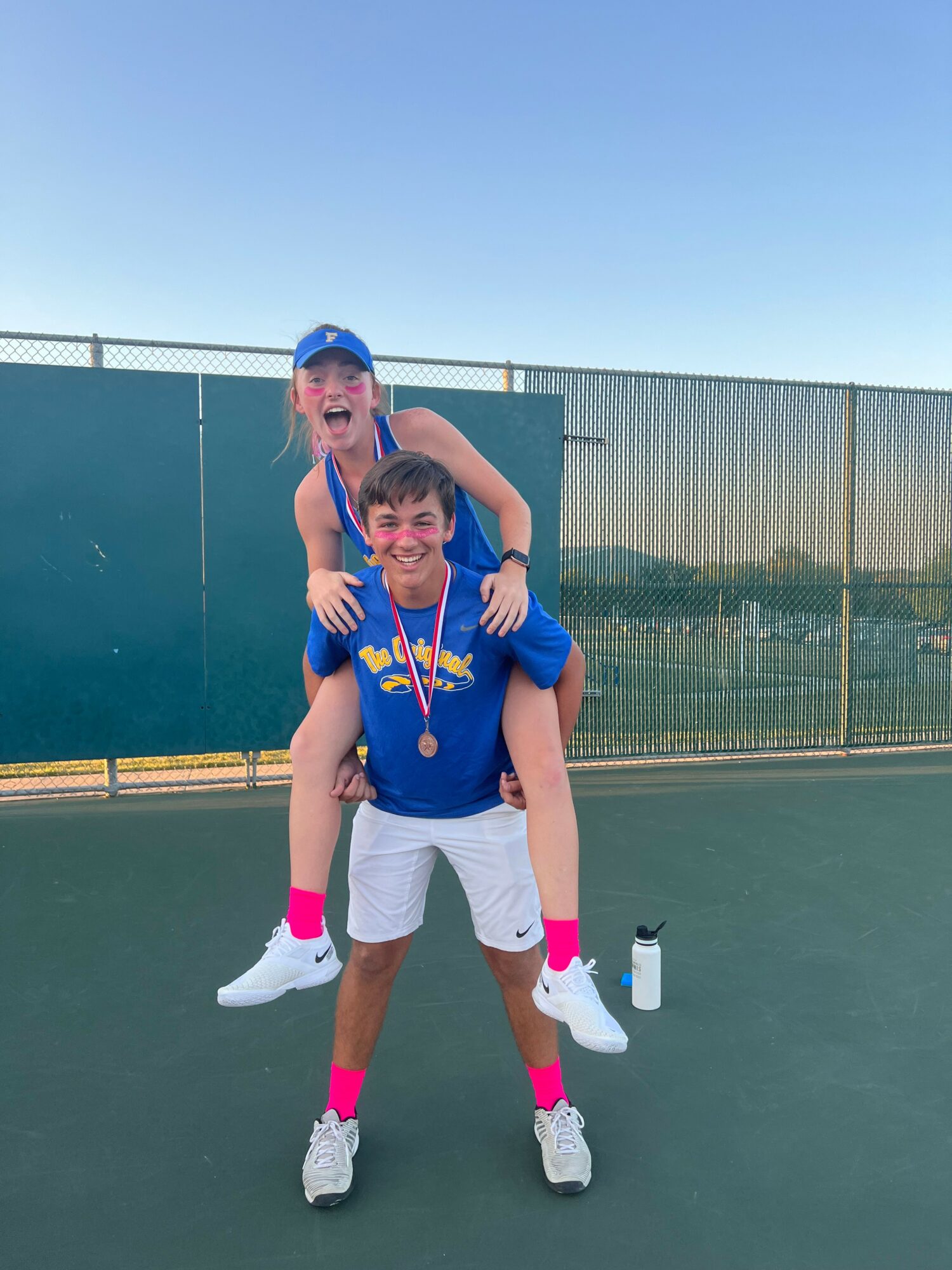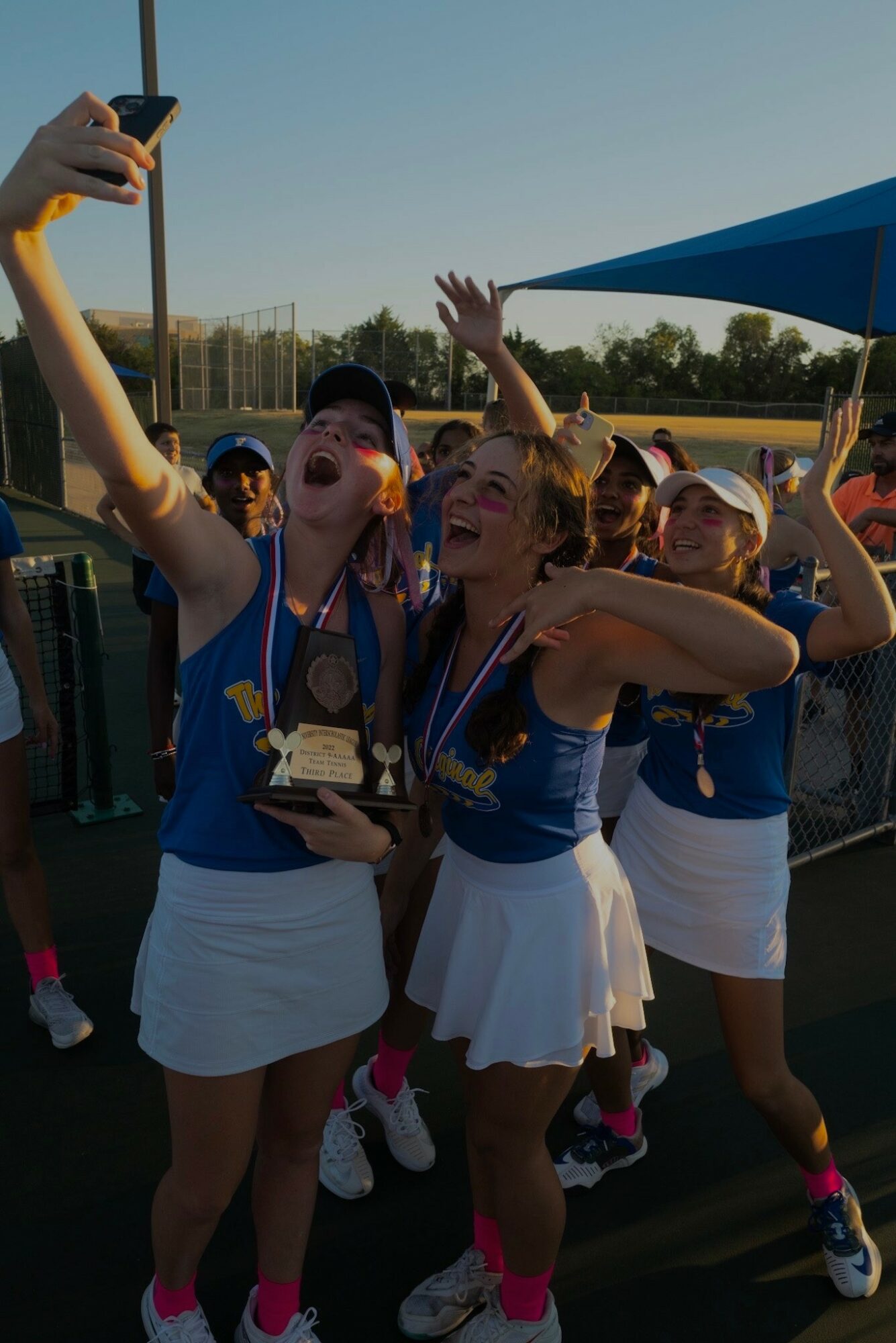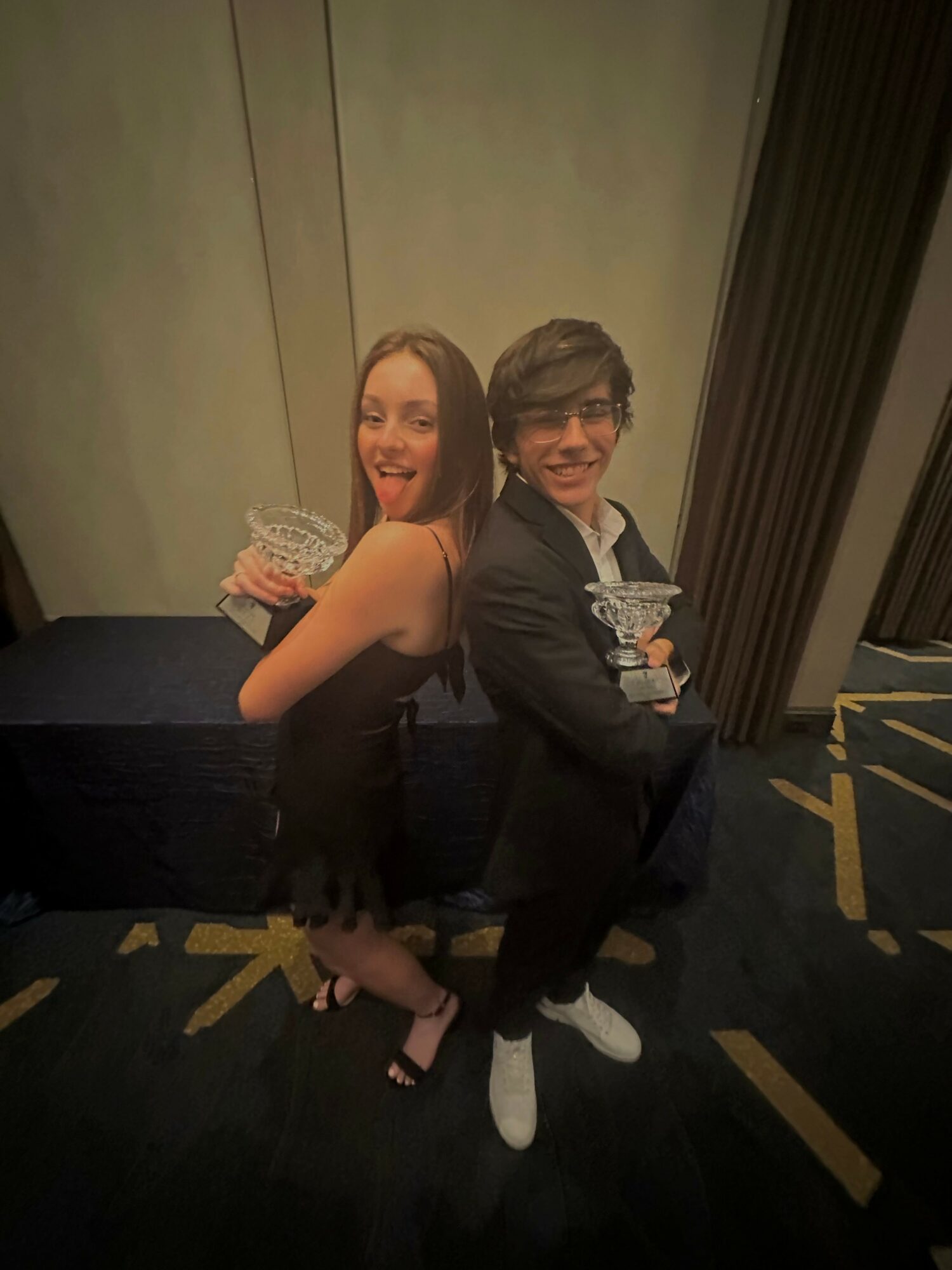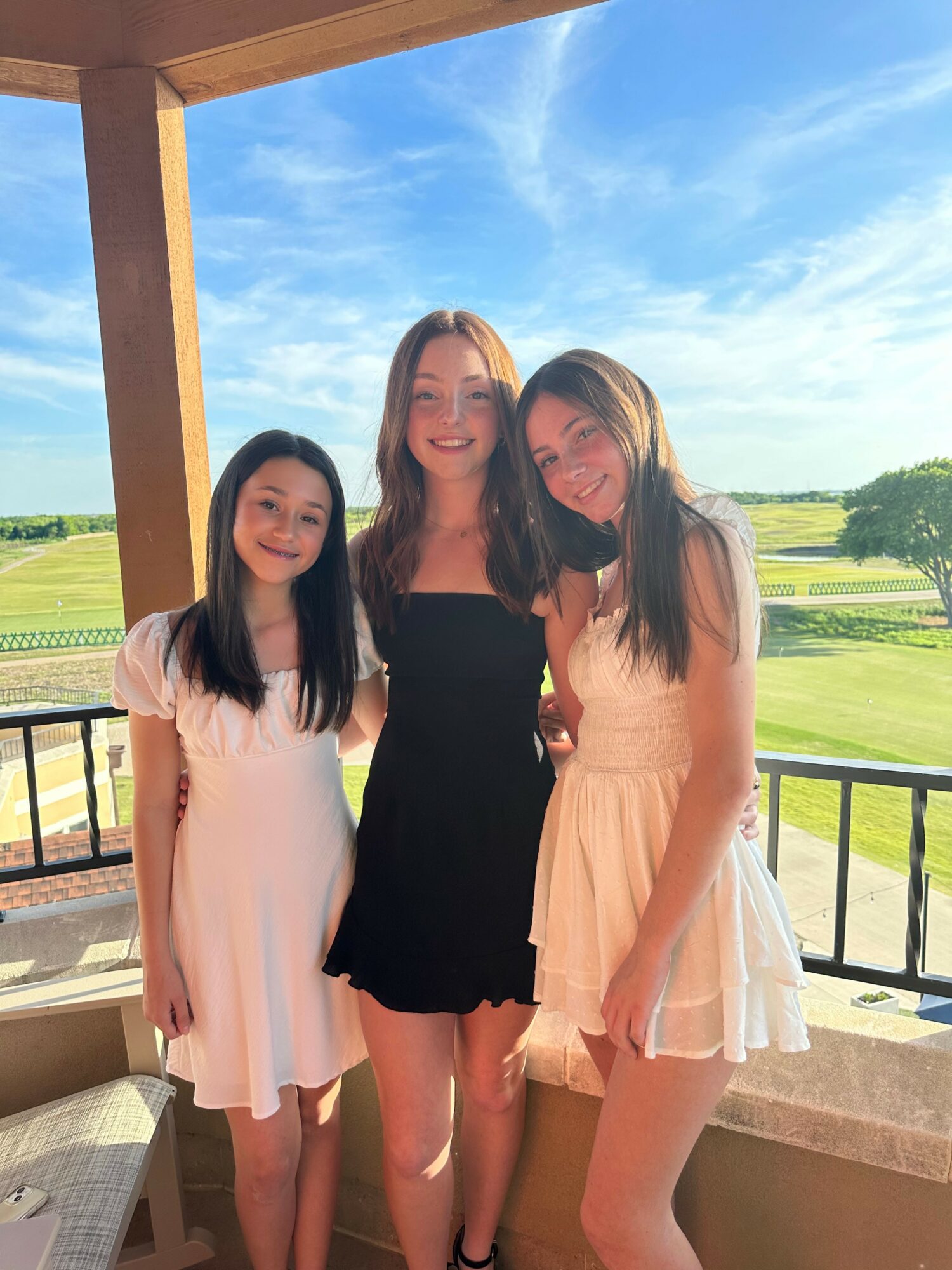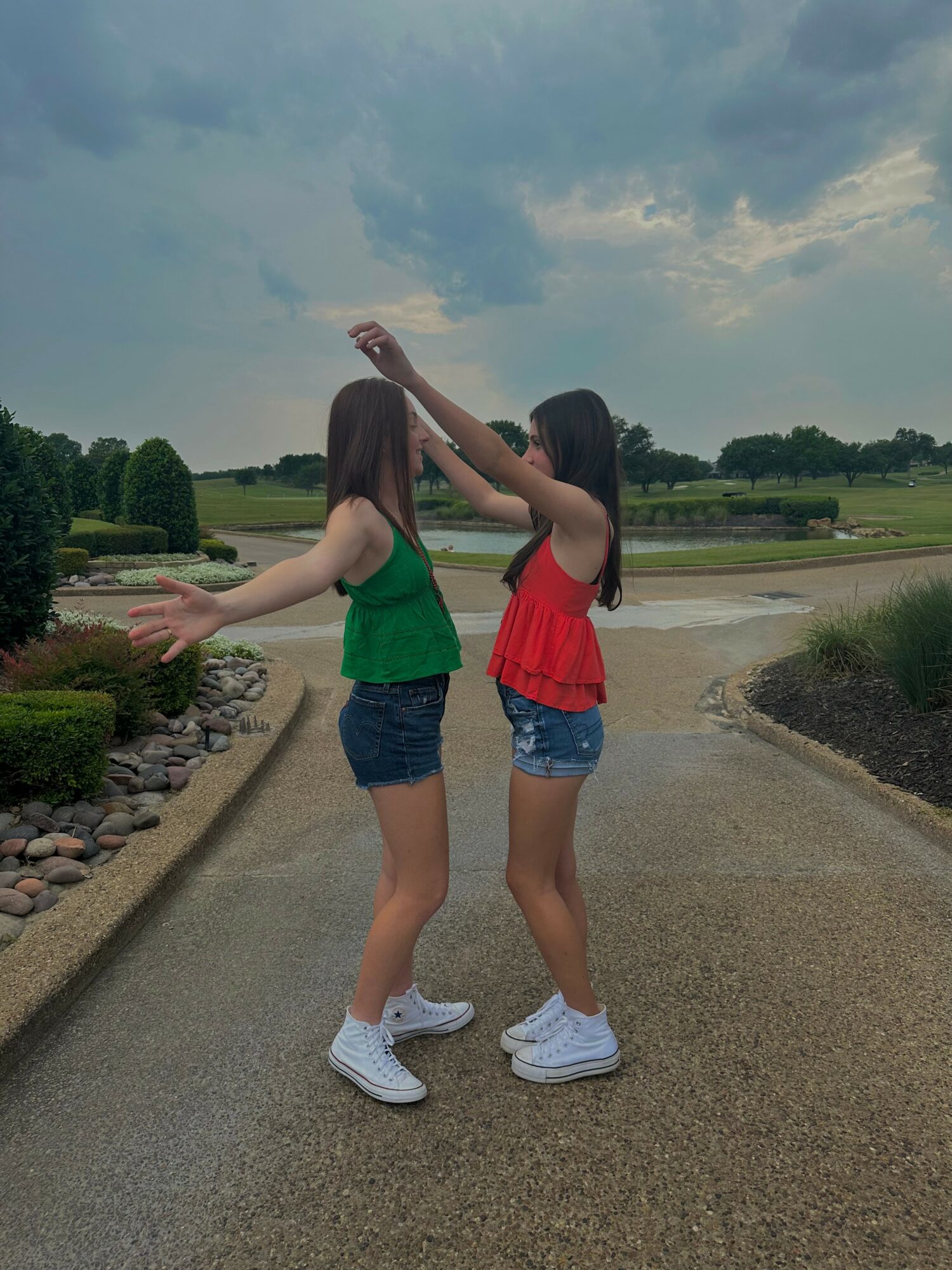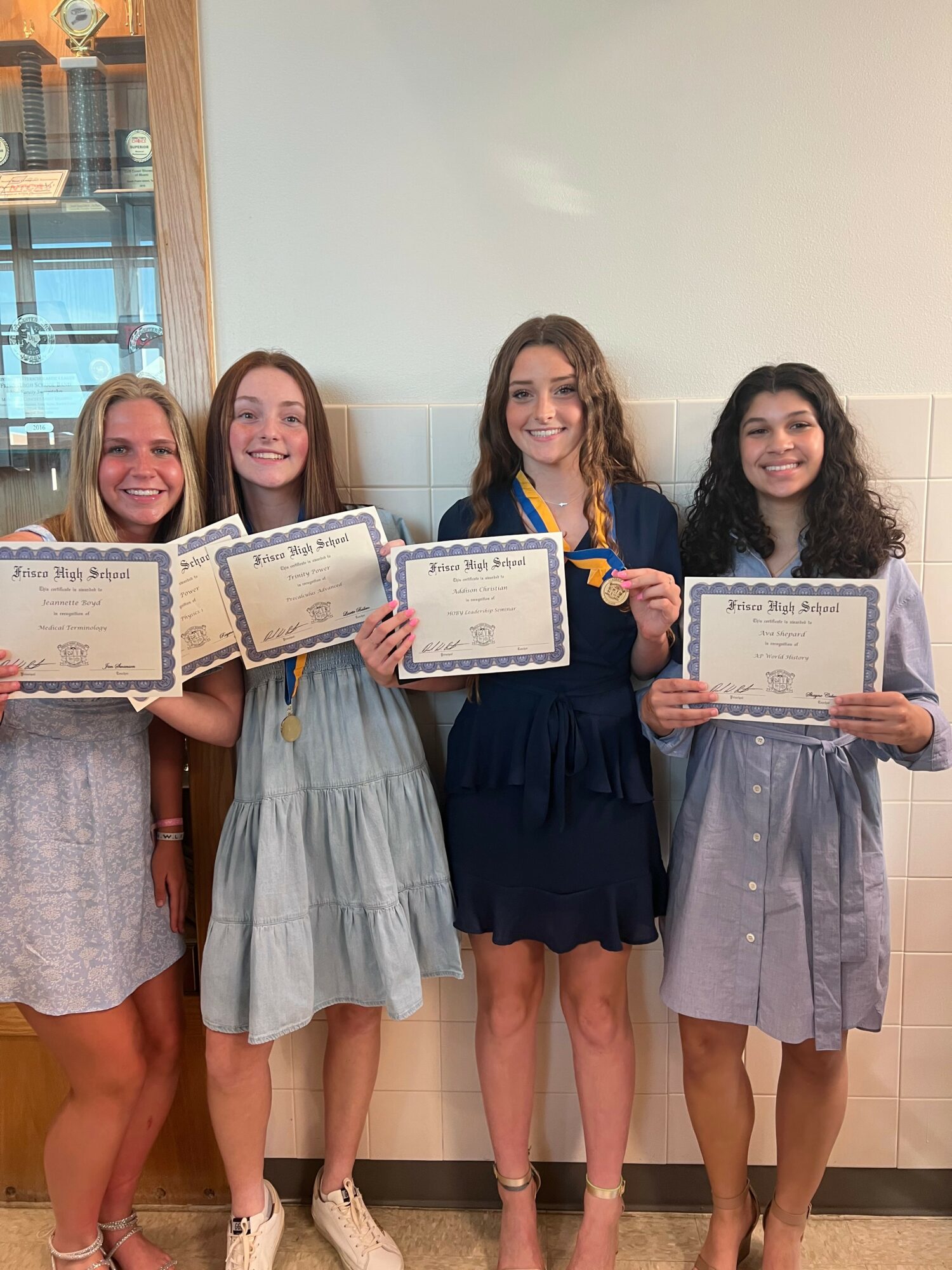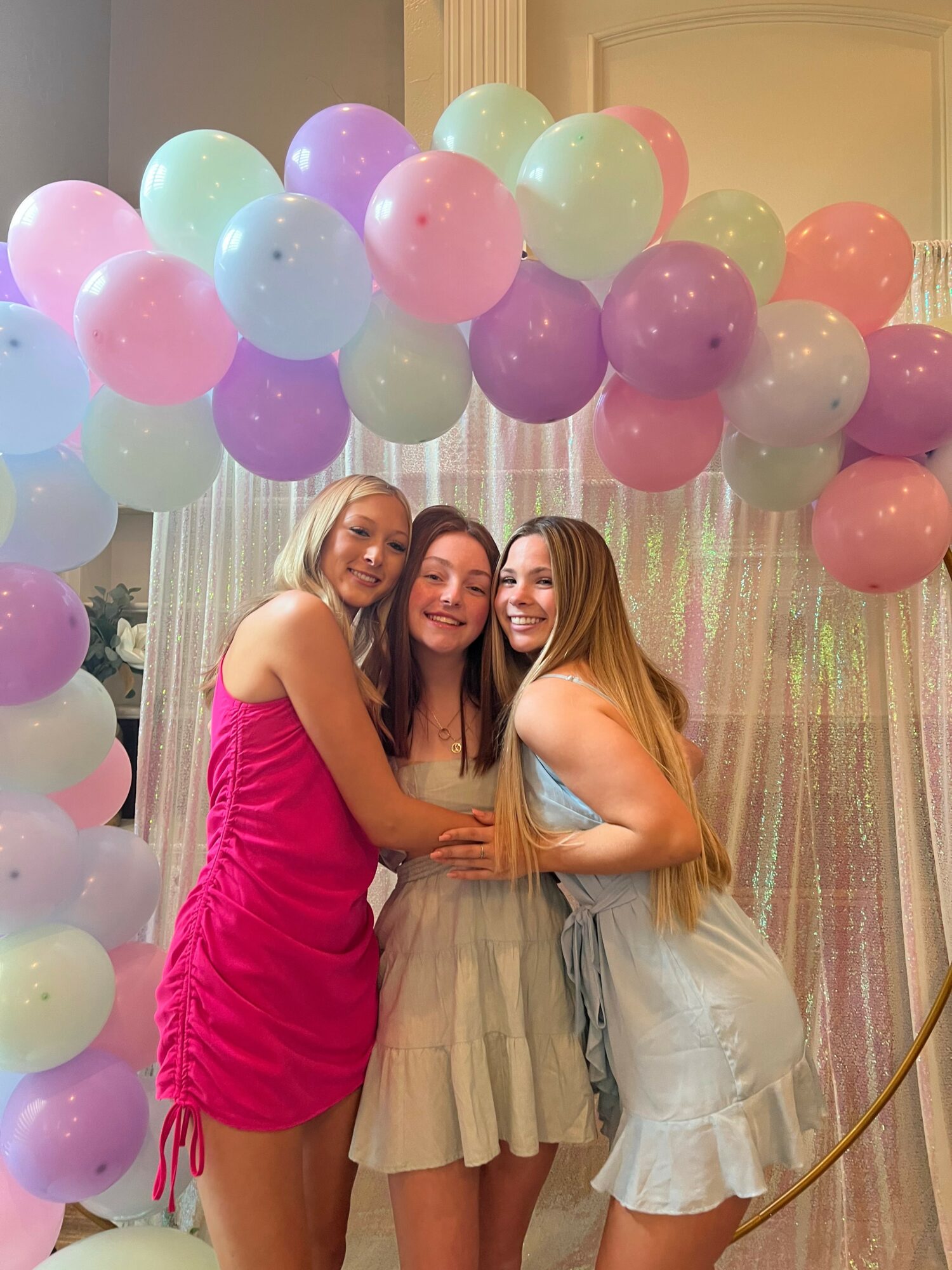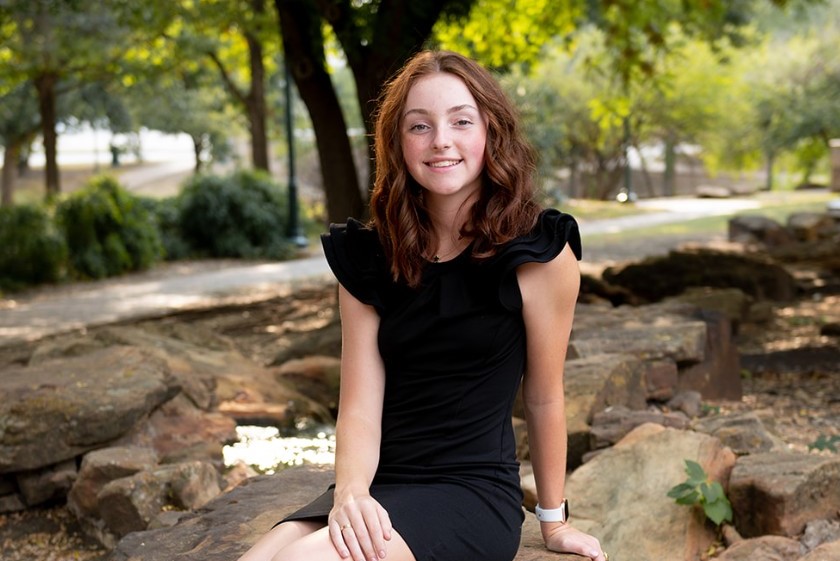

Today we’d like to introduce you to Trinity Power.
Hi Trinity, so excited to have you on the platform. So, before we get into questions about your work life, maybe you can bring our readers up to speed on your story and how you got to where you are today.
I was born in Australia in 2006; four years later, I moved to the United States with my family. Since then, I’ve been passionate about the intersection of issues that overlap sociology, immigration, and political sciences, and I’ve worked to pursue my interests through a unique set of experiences that I’ve grown to cherish and learn from each step of the way. Due to my understanding of immigration and the naturalization process, I hope to translate my unique insights on intra-national diversity into advocacy efforts at for-profit and nonprofit organizations to continue making an impact in my community.
It started with the Human Environmental Animal Team – through my high school in 2020, I served as President, directing and managing a branch of 60+ students across the human, environmental, and animal committees within our 501(c)(3) nonprofit. During my term, I worked to bolster community engagement across the student-teacher body, using classrooms, libraries, and my school-funded Zoom account; I encouraged my peers and my teachers to practice ‘positive activism’ during which I inspired them to become part of the solution to hate movements, forced animal relocation efforts, and deforestation initiatives rather than distancing themselves from the problem. Alongside my team members, I fostered excitement in volunteering through presentations, conferences, and online/in-person opportunities, which I coordinated with local small businesses and nonprofits. From there, I shifted my focus to the root of the problem – policy – Students for Equity through Education as Director of Legal and Policy. Specifically, I researched various legal realms coinciding with the projects and intended goals of the organization’s other teams, including equal employment opportunity regulations for digital campaigns/land-use ordinances for protests and voter drives. In early 2022, I also began working for DiversifyOurNarrative, a national organization of over 6,000 students fighting for racial justice through education systems by implementing grassroots campaigns in individual school districts nationwide. As District Lead, I connected with many of the 68,000+ students in my area and drafted legislation to serve the student body’s needs better and reshape our curriculum.
However, my efforts culminated as a Co-Founder at SafeR Maps, an artificial intelligence-based ‘Google Maps’ navigation platform for refugees. Across my team of over ten engineers, policy writers, and researchers, we’ve developed an AI-backed algorithm able to mark each data entry point with a level of danger from one to ten. These data entry points span countries and terrain types, constantly requiring us to redevelop our framework; however, as we progress, we plan on creating usable prototypes of our technology to allow for more test use cases and, eventually, implementation. Empowered with the motivation to touch lives in third-world regions of conflict, we’re building the future of safe refugee relocation. Our vision is to analyze the most optimal routes possible for internally displaced persons to escape ever-increasing war and violence in conflict areas across the world and reach safe haven.
We all face challenges, but looking back, would you describe it as a relatively smooth road?
No, I wish I could say it has, but of course, there have inevitably been challenges that come with my age, location, and scale. Oftentimes, professionals in their fields quickly doubt the talent, capabilities, or interests of students like myself, usually due to our age. Similarly, the resources in my fields of interest or the ones that I have access to are often underdeveloped or much more minor in comparison to the organizations that I intend to work or partner with. As a result, it can be much more challenging to coordinate with top professionals for nonprofits to further develop my research or portfolio due to a lack of interest in (simply put) international collaboration with a teenager.
Can you tell our readers more about what you do and what you think sets you apart from others?
Every few months, the number of refugees and displaced persons across the globe increases dramatically. Families are stripped of their resources, left hungry, thirsty, and often assaulted and injured to fend for their own and loved ones’ lives. Chances of survival in their hometown become drastically low and force them to require relocation. The tools refugees currently have to rely on are conflict profiteers and non-state actors. These refugees hand in all their documentation and trust them blindly, eventually finding themselves illegally trafficked to nearby countries in inhuman conditions.
The venture I helped found: SafeR Maps, is software for safe refugee relocation using AI mapping that factors elements such as borders, aid camp locations, resources, terrain, and the probability of danger in particular areas based on past activities. SafeR technology utilizes all the data at hand, such as aid camp locations, terrain, etc., and compiles it so that an AI algorithm can analyze the data and craft the safest possible routes based on danger ratings.
A refugee’s journey is a highly non-linear path filled with struggles, and the challenges they face along their way have only grown recently as many countries walk towards instability. Therefore, at SafeR, my goal is to conduct extensive amounts of research into the ongoing world crises (providing myself with a greater international awareness) to remain informed and alert of global circumstances and provide insight to our intel and development team as such. Two years following my decision to join, SafeR Maps is an international team of ten members in countries like India and the Philippines who are actively in discussions with the International Organization for Migration and the United Nations employees for potential acquisitions and implementation. Moreover, we have recently acquired many new advisors to add to our existing counsel from Artificial Intelligence and Machine Learning Lead at the World Economic Forum, Dr. Benjamin Larsen, the Intel Al4Youth team, and MIT EECS professor Dr. Debayan Gupta. Many of these new advisors are active NGO employees and plan on helping my team, and I reach our intended implementation phase much sooner.
With increasing endorsement from organizations across the globe, and mentors with experience spanning both decades and thousands of miles, what began as concern over the process of naturalization transformed into a passion at the intersection of sociology, political science, and immigration. Likewise, I have had an integral role in terms of our research and development, which has been incredibly fulfilling, especially as we look to the future.
Is there a quality that you most attribute to your success?
Compassion and enthusiasm, both of which I am well known for in my immediate circles and my professional relationships.
Firstly, I’ve always had an innate ability to show mutual respect for others which has often greatly benefited me later on. For most people, they likely don’t receive that same level of respect, which makes it all the more significant when they do from me. This skill has led me to develop an immense level of connectivity with those I work with and those in my personal life, as I seek to show everyone I interact with a notable level of consideration and empathy, just as I would hope to be shown to me, likewise, with regard to my enthusiasm. I am also talented at finding enjoyment in hard things. My excitement to work and to ‘get down to business’ has made it much easier to balance relationships with people that I work with and keep a work environment separate from personal relations while still retaining the same positive, motivated attitude that I present in my day-to-day. Oftentimes, the combination of these two skills (compassion and enthusiasm) has led me to great successes, as I am able to manage multiple variables at one time while feeling minimal amounts of stress and ‘stay casual’ by remaining relaxed and engaged- able to collaborate and remain a team player without seeming uninterested or ignorant. Of course, no one my age is an expert in anything, so this casual attitude helps distinguish to my peers that while I do understand the conventions of this area of research and development, I’m not an expert, and I am still learning.
Contact Info:
- Instagram: @trinityppower
- Linkedin: https://www.linkedin.com/in/trinity-power-116ab4214
- Twitter: @trinitypower2
